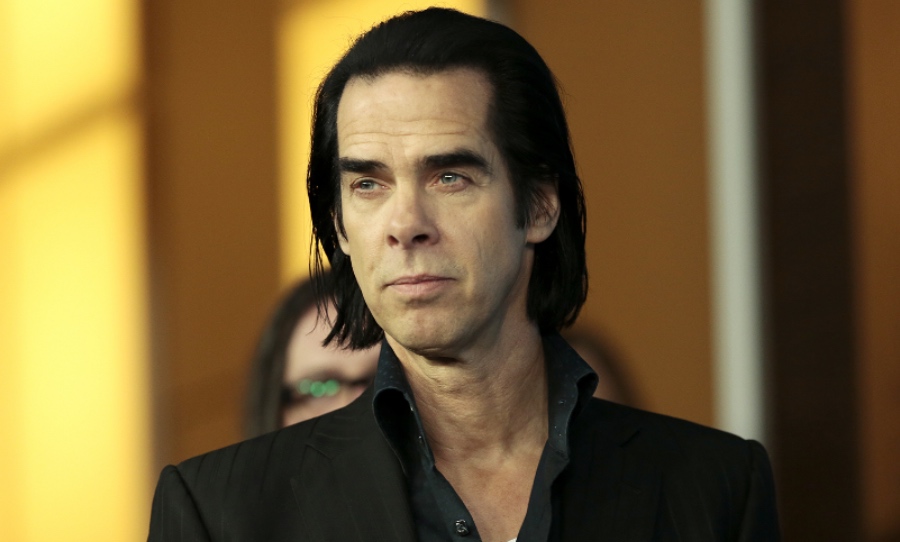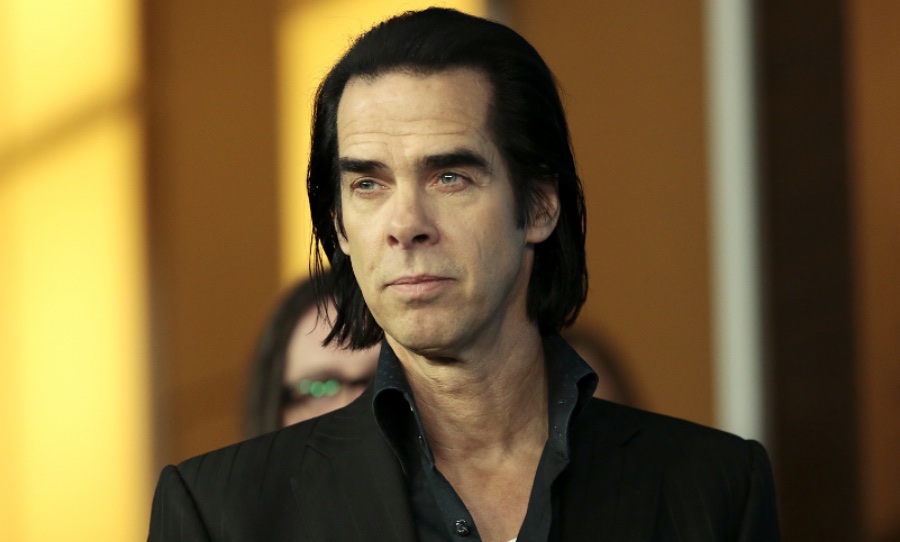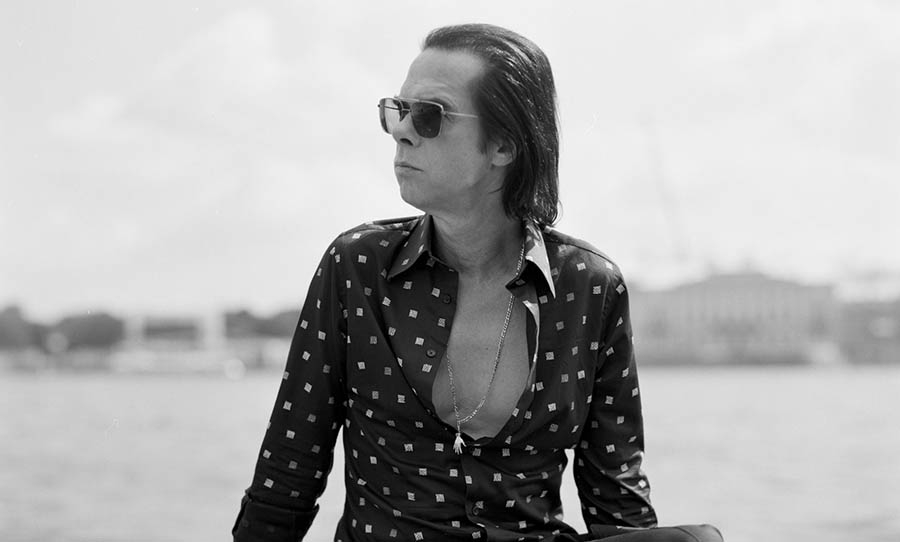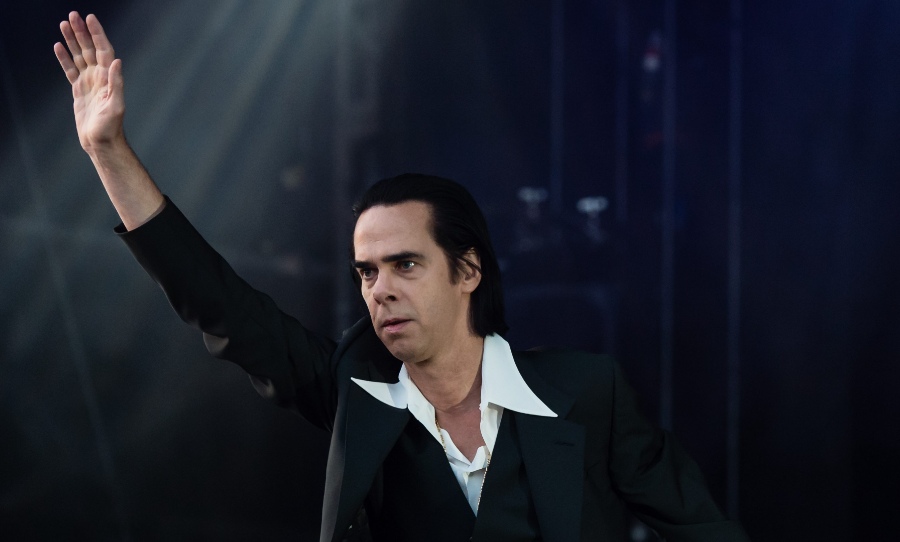Nick Cave has written yet another thoughtful piece on his site The Red Hand Files, a letter penned in response to a fan who asked for the musician’s opinion on the loud political beliefs from Steven Morrissey.

Nick Cave writes on the separation of art from the artist, stating that Morrissey’s political views are “irrelevant” to his musical legacy.
In Billy Bragg’s opinion, Morrissey has been “betraying his fans” with his radical far right-wing views. The Smith’s frontman recently stated that Nigel Farage would make a good Prime Minister and has previously vocalised his support for the nationalist party. Bragg has criticised his contemporary, expressing his utter lack of sympathy for Morrissey, but notes he has “a lot of sympathy and respect for his audience”.
On The Red Hand Files, Cave also speaks to The Smiths’ audience, offering empathy to the predicament of being torn between good art and controversial beliefs of the artist. He was prompted by this question from a fan, wondering “Generally, is it possible to separate the latter-day artist from his earlier art? More specifically, what are your views on Morrissey, both early days and his newer more ugly persona?”
Cave’s response is an eloquent unpacking of the notion of song proprietorship, challenging the idea that art is intrinsically bound to the artist who creates it. Rather, Cave postulates that the artwork becomes an offering from the artist; once released into the world it is no longer the property or responsibility of the maker, but the listener.
“I think perhaps it would be helpful to you if you saw the proprietorship of a song in a different way. Personally, when I write a song and release it to the public, I feel it stops being my song. It has been offered up to my audience and they, if they care to, take possession of that song and become its custodian. The integrity of the song now rests not with the artist, but with the listener.“
Cave offers space for audiences to continue to enjoy an artwork even after they feel disheartened by the artist’s actions. Fans are not condemned for their dedication to music, regardless of a songwriter’s controversial opinions.
And he continues to emphasize the importance of separating art from the artist:
“As a songwriter and someone who believes songs possess extraordinary healing power, I am saddened by the thought that songs by arguably the greatest lyricist of his generation – songs like ‘This Charming Man’, ‘Reel Around the Fountain’ and ‘Last Night I Dreamed Somebody Loved Me’ – are consigned to the moral dustbin by those who feel they have been tainted by his current political posturing. I respect and understand why people respond in this way, but can’t help but feel it is of significant personal loss to them.”
Cave concludes his response on this with a balanced consideration of the humanity in us all.
“Perhaps it is better to simply let Morrissey have his views, challenge them when and wherever possible, but allow his music to live on, bearing in mind we are all conflicted individuals—messy, flawed and prone to lunacies. We should thank God that there are some among us that create works of beauty beyond anything most of us can barely imagine, even as some of those same people fall prey to regressive and dangerous belief systems.”



